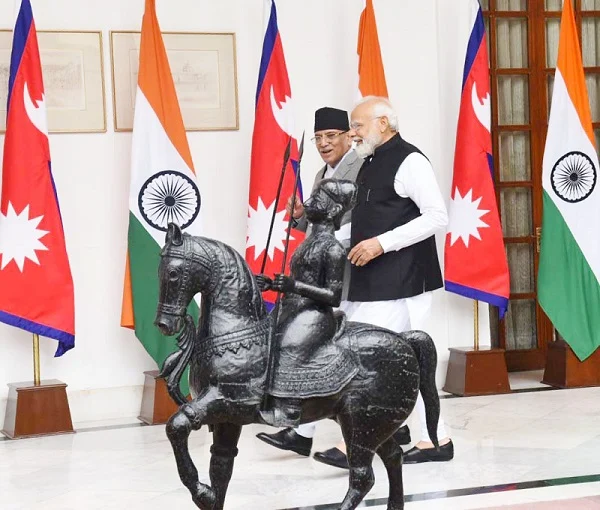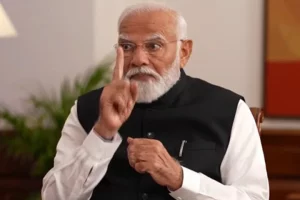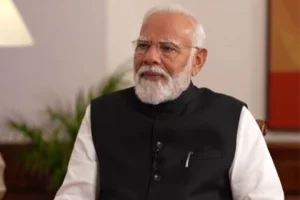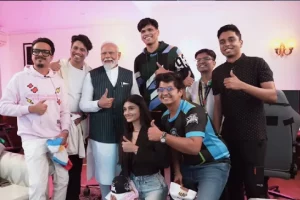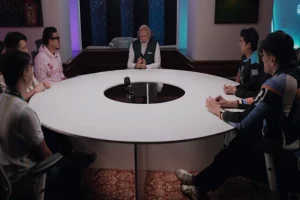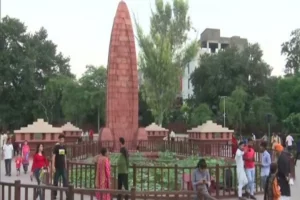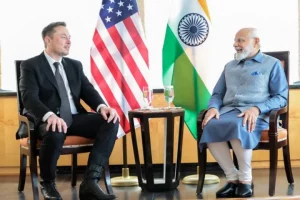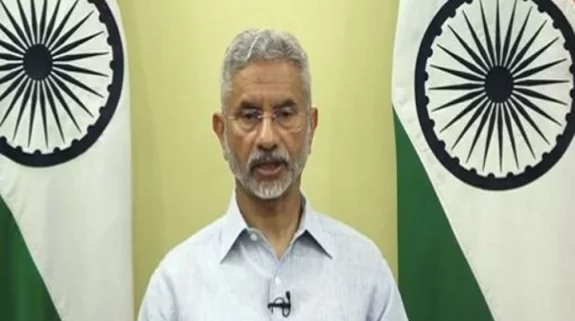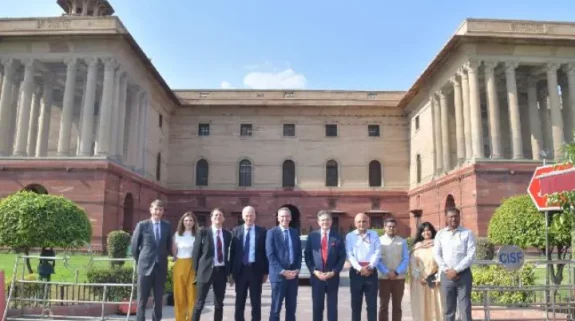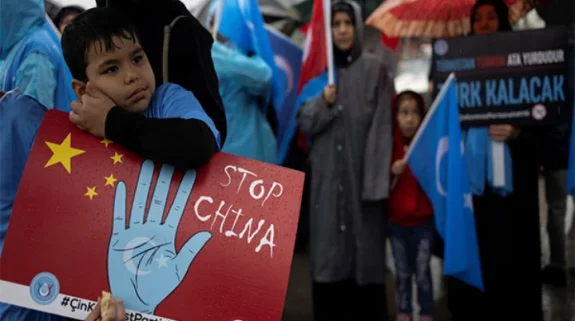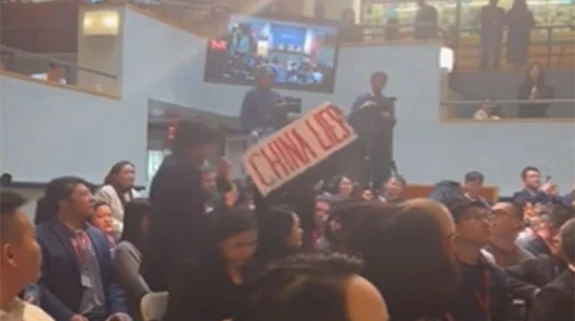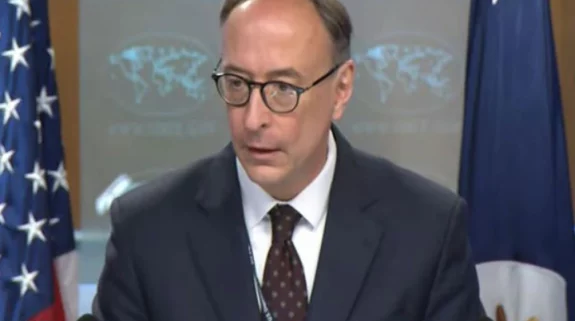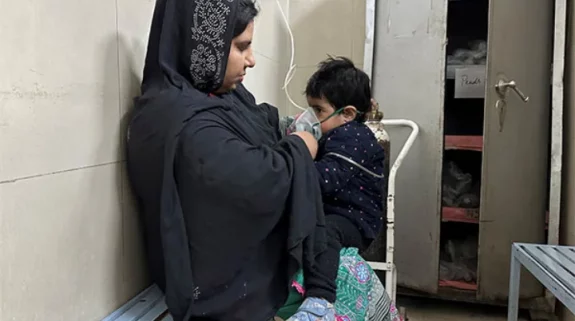India and Nepal today laid the foundation of a new era of ties that aligns with New Delhi’s transition to a key player in the Global South facing a turbulent world undergoing rapid change.
At the joint press conference on Thursday after talks with Prime Minister Narendra Modi, visiting Prime Minister of Nepal, Pushpa Kamal Dahal nailed a few points suggesting that India and Nepal were not looking at each other in a bilateral context, but in a broader global framework.
Endorsing India’s multilateral initiatives, Dahal aka Prachanda docked Nepal with the India-led International Solar Alliance (ISA)—a global outreach to transition the world towards solar energy to mitigate the perils of Climate Change. Nepal also joined India-led International Big Cat alliance and praised India’s presidency of the G-20 countries.
“I commended the role played and initiative taken by Prime Minister Modiji during India’s G20 presidency as well as SCO Chairmanship including for giving voice to the issues of concern to the global south. Nepal is happy to join India’s multilateral initiative of the International Solar Alliance and more recently the International Big Cat Alliance,” he said.
9 years ago, I had talked about the ‘HIT’ friendship between India-Nepal relations – Highways, I-ways, and Trans-ways. Our partnership has bloomed since and we want to make our partnership a ‘Superhit’, which is what these projects will achieve. https://t.co/31KjDA1OjP
— Narendra Modi (@narendramodi) June 1, 2023
In April Prime Minister Modi during a visit to Mysuru in launched the International Big Cat Alliance (IBCA) for conservation of seven big cats namely Tiger, Lion, Leopard, Snow Leopard, Cheetah, Jaguar and Puma. Confronted by a warming climate Nepal is seeking India’s support of its three big cat species — tigers, leopards and snow leopards.
The visiting Prime Minister also backed PM Modi’s Global South initiative, where India has pledged to voice the concerns of the developing countries in international forums such as the G-20 and elsewhere. In doing so, Nepal joined the Pacific Island nations which had expressed similar sentiments during PM Modi’s recent visit to Papua New Guinea.
The two PMs also witnessed the exchange of the following:
i. Treaty of Transit
ii. MOU between the Institute of Foreign Affairs (IFA) of Nepal and Sushma Swaraj Institute of Foreign Service (SSIFS) of India
iii.MOU for the development of the ICP at Dodhara-Chandani (5/n) pic.twitter.com/KDtJYMLGIL— MOFA of Nepal 🇳🇵 (@MofaNepal) June 1, 2023
In his virtual address at the Global South summit in January the PM Modi had stressed that, “As India begins its G20 Presidency this year, it is natural that our aim is to amplify the Voice of the Global South… People of the Global South should no longer be excluded from the fruits of development.”
The visiting Prime Minister also formally backed New Delhi’s “neighbourhood first” doctrine.
During the visit, the two countries imparted fresh direction to their economic engagement, where leveraging Nepal’s power resources, including the construction of a cross-border pipeline became sharply defined.
My remarks during the press meet with PM @cmprachanda of Nepal. https://t.co/ZIEShyeM8T
— Narendra Modi (@narendramodi) June 1, 2023
The two leaders jointly set in motion the Gorakhpur-New Butwal substation 400 KV cross-border transmission line. They also laid the foundation stone of Phase II of the Motihari-Amlekhgunj Oil Pipeline between India and Nepal.
To impart a regional dimension in the power sector, New Delhi and Kathmandu are also discussing transiting electricity from Nepal to Bangladesh.
Celebrations ICP at Rupaidiha, India & Nepalganj, Nepal, for the joint inauguration today by H.E. Narendra Modi, Hon’ble PM of India & H.E. Pushpa Kamal Dahal, Hon’ble PM of Nepal. A momentous occasion showcasing the strong bond between our nations. @PIB_India @IndiaInNepal pic.twitter.com/ZeECXDuXzz
— Land Ports Authority of India (@LPAI_Official) June 1, 2023
An e-plaque of the Kurtha-Bijalpura section of the Railway was also unveiled by the two leaders. They also jointly flag off the Indian Railway cargo train from Bathnaha in Bihar to Nepal Custom yard.
Freight train flagged off by PM Shri @narendramodi Ji and PM of Nepal, Shri Pushpa Kamal Dahal ‘Prachanda’ Ji, from Bathnaha (India) & Nepal Customs Yard (Nepal)
🇮🇳 and 🇳🇵🤝 pic.twitter.com/SOF4janNGg— Ashwini Vaishnaw (@AshwiniVaishnaw) June 1, 2023
The two leaders also imparted a unique and deep cultural identity to the India-Nepal relations, a dimension that Kathmandu does not share with China.
“The relationship between India and Nepal is age-old and multifaceted. These relations stand on the solid foundation built on the one hand by the rich tradition of civilizational cultural socio-economic linkage and on the other, by the two countries’ firm commitment to the time-tested principle of sovereign equality, mutual respect, understanding and cooperation,” the Nepalese PM observed.
Also Read: PM Modi, Nepalese Prime Minister Dahal jointly flag off cargo train from Bathnaha to Nepal






